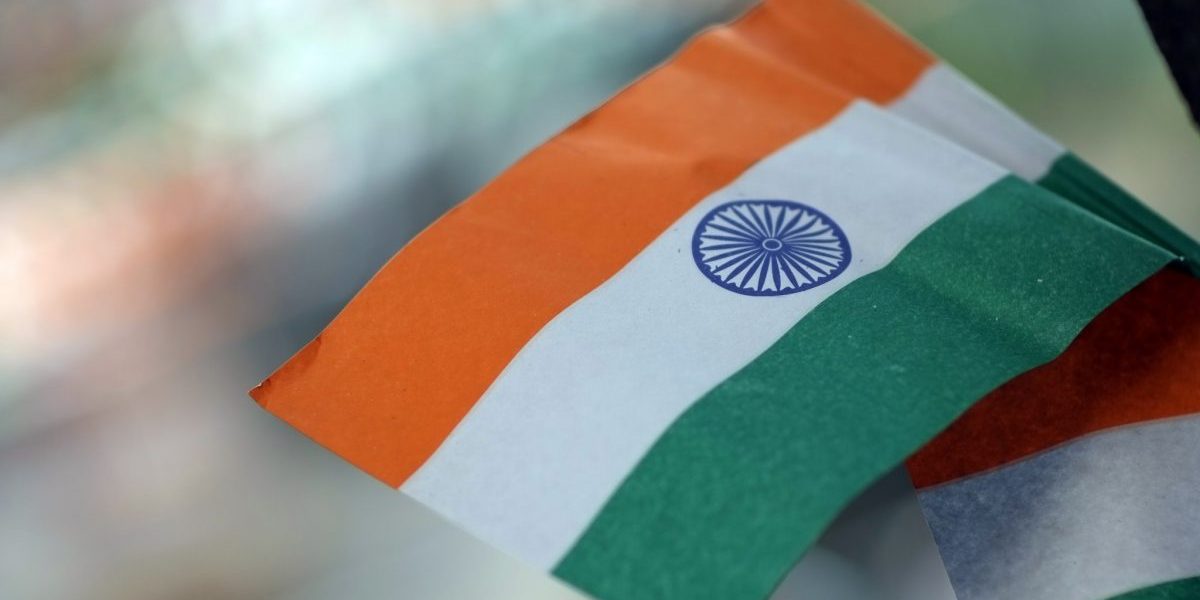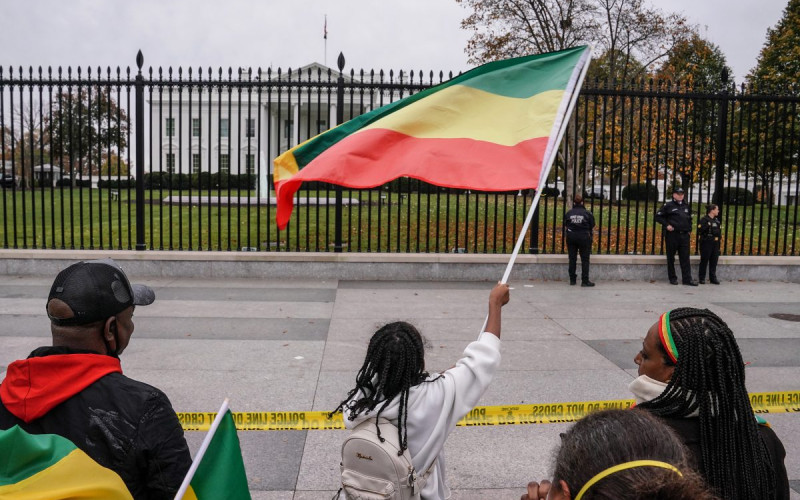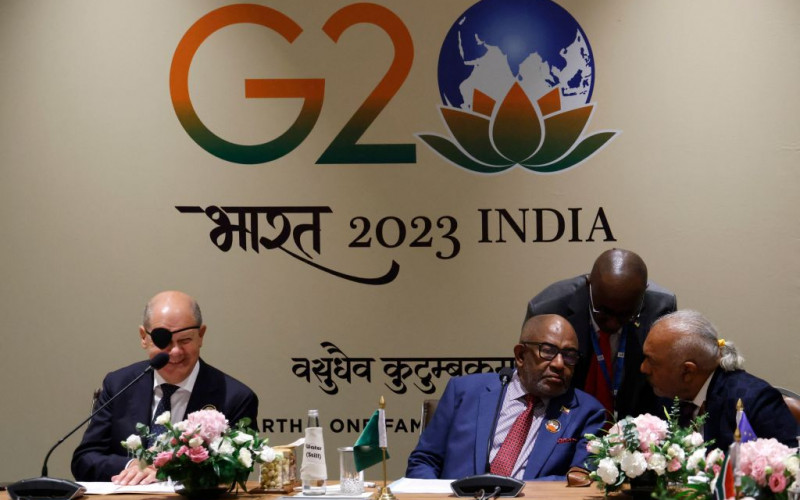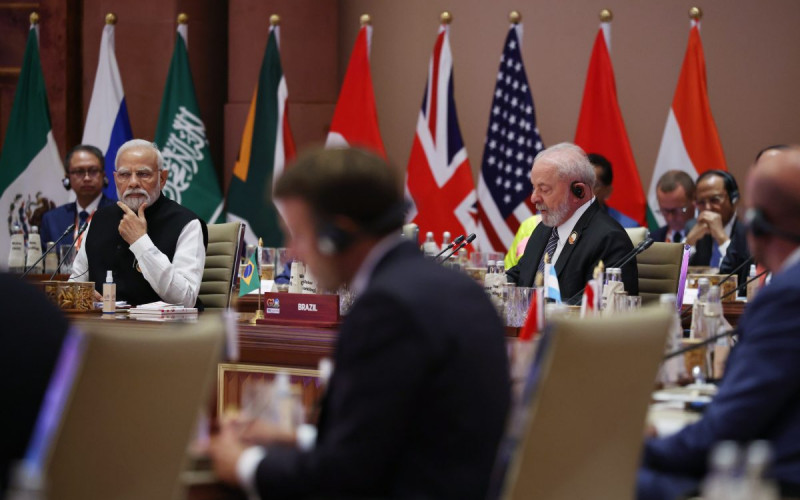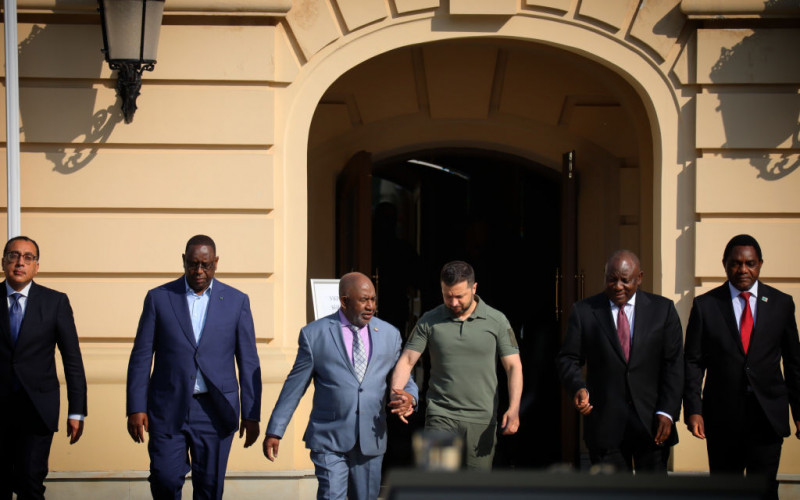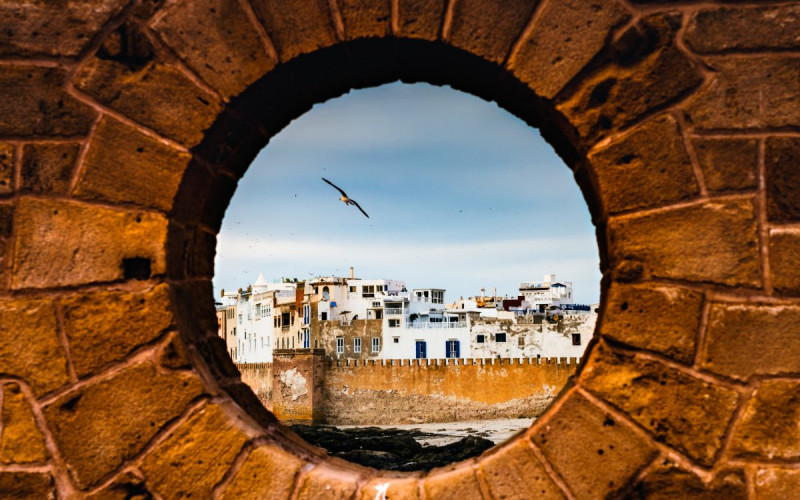Conference Bankground:
The conference aims to stimulate more debate on the multifaceted nature of the India-Africa relationship. The conference is made possible by SIDA, DANIDA and is supported by the Indian High Commission in South Africa.
Download the Conference Report:
India, South Africa and Africa in a changing global landscape February 2012
Conference papers and presentations:
Keynote Session: Africa and India
Unleashing economic opportunities in Africa – The private sector, investment and trade
Strategic partners: India and South Africa
African and Indian security concerns – Platform for cooperation?
- Prof. Surjit Mansingh, American University (Indian Ocean security and India’s foreign policy)
- Dr Tim Murithi, Institute for Justice and Reconciliation (AU engagement with India)
India and SA as actors in global governance reform
- Dr Renu Kohli, ICRIER (G20 and Bretton Woods Reforms)
- Dr Prodipto Ghosh, The Energy and Resources Institute (Climate Change)
- Dr Lesley Masters, Institute for Global Dialogue (Climate Change)
Relations between the African continent and India go back many centuries. In the 20th century India’s role as a leader of the Non-Aligned Movement, a supporter of national liberation movements and the struggle against apartheid further augmented those ties. However, it is the potential synergies between Africa and the subcontinent, created by the changing economic and geopolitical landscape, that have deepened their interactions over the last several years.
Trade has exploded from US$ 967 million in 1990-91 to US$ 39 billion in 2008-09. In one year (2007 to 2008) investment to Africa rose from $3.7 billion to $6.8 billion. Both India and the African continent have large young populations. By 2025 India will have the fifth largest consumer market in the world. In the next five years some 200 million Africans will enter the market for consumer goods and the continent’s working age population will double to 1.1 billion by 2040.
Africa is important for India in a number of areas: as a source of energy, a market for its goods, and as a supporter/partner on global issues in the multilateral arena. India has also been active in encouraging South-South cooperation with Africa. On the other hand, India provides African states with the potential to diversify trade and investment partners, contribute to the development of national and regional economies, and collaborate on innovation.
In the last number of years, India’s active economic engagement with South Africa has become evident in areas such as technology, transport and pharmaceuticals. On an international level, the two have a strong partnership through the IBSA (India, Brazil and South Africa) Forum and recently, through the BRICS (Brazil, Russia, India, China and South Africa) grouping.
Bilateral trade between South Africa and India has grown from R12,8 billion to R33,54 billion between 2005 and 2009. Indian commercial interests in South Africa through companies such as Tata (with interests that include motor vehicles and a stake in South Africa’s second national telecommunications operator, Neotel), Mahindra (a utility vehicles producer) and Ranbaxy and Cipla (both pharmaceutical concerns) is an indication of the major investments the south Asian economic power has made.
Likewise, South Africa is making inroads in the Indian market through companies such as SAB Miller that now has a majority stake in a local India beer maker. In the financial services sector, companies such FirstRand (the first African bank to obtain a full scale commercial banking license in India), Sanlam and Old Mutual are building up their interests in the Indian market.
However, the relationship between India and South Africa is also marked by competition between them in some areas, especially as they both engage more actively with the African continent.
SAIIA’s two-day conference brings together experts from South Africa, Africa and India to bring their perspectives and insights to the debate. Download the Speaker Biographies
Key points the conference aims to cover includes:
- Unleashing economic opportunities in Africa: The private sector, investment and trade
- South-South cooperation: New methods for achieving sustainable development?
- African and Indian security concerns: A platform for cooperation?
- Strategic partners: India and South Africa
- India and SA as actors in global governance reform (G20 and Bretton Woods; climate change; and UN reform)
Download the Conference Programme
SAIIA publications and material on India, South Africa and Africa:
Occasional Papers:
Africa and the Geopolitics of the Indian Ocean
by Frank van Rooyen
SAIIA Occasional Paper No 78, February 2011
Before and Beyond Energy: Contextualising the India–Africa Partnership
by Devika Sharma & Swati Ganeshan
SAIIA Occasional Paper No 77, February 2011
Evolving India–Africa Relations: Continuity and Change
by Ruchita Beri
SAIIA Occasional Paper No 76, February 2011
India and Africa: Towards a Sustainable Energy Partnership
by Shebonti Ray Dadwal
SAIIA Occasional Paper No 75, February 2011
Blue Helmets for Africa: India’s Peacekeeping in Africa
by Frank van Rooyen
SAIIA Occasional Paper No 60, May 2010
Briefing Paper:
India and South Africa as Partners for Development in Africa?
by Elizabeth Sidiropoulos
Chatham House Briefing Paper, 2011
Journal:
South African Journal of International Affairs 14.2
India and Africa Special Edition
SAIIA, 2007
Additional material:
Second Africa-India Forum Summit 2011: Addis Ababa Declaration
Conference Bankground:
On 9 and 10 June 2011 the South African Institute of International Affairs is hosting a two-day conference entitled: ‘India, South Africa and Africa in a challenging global landscape’. The conference aims to stimulate more debate on the multifaceted nature of the India-Africa relationship. The conference is made possible by SIDA, DANIDA and is supported by the Indian High Commission in South Africa.

